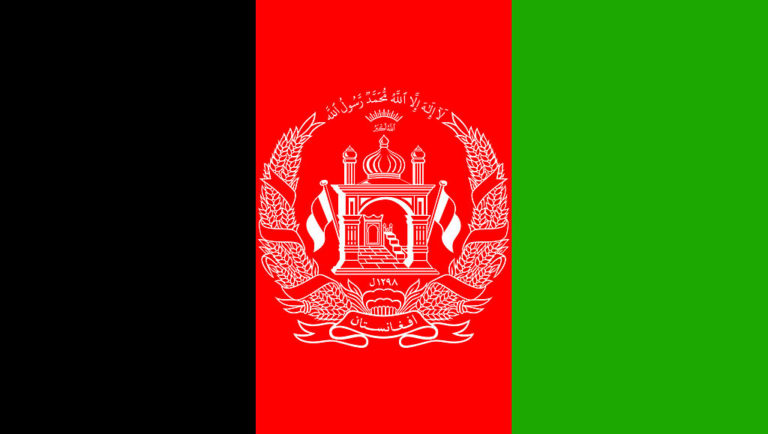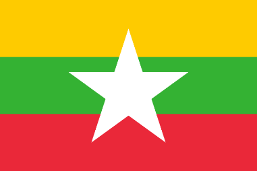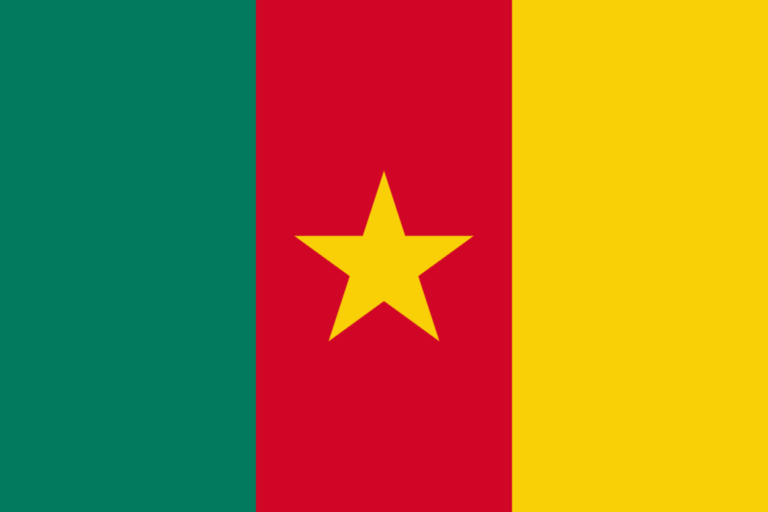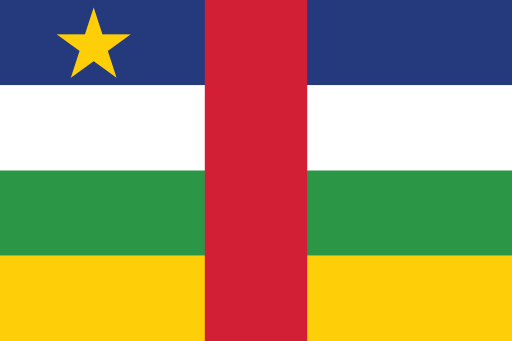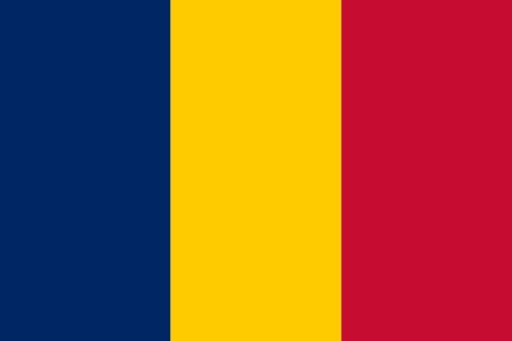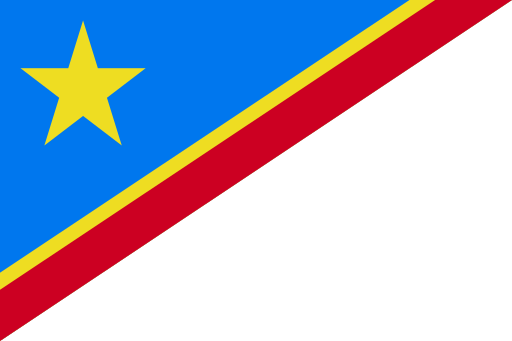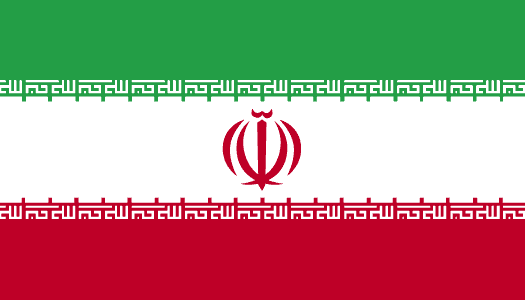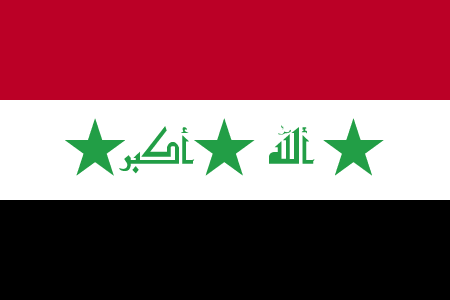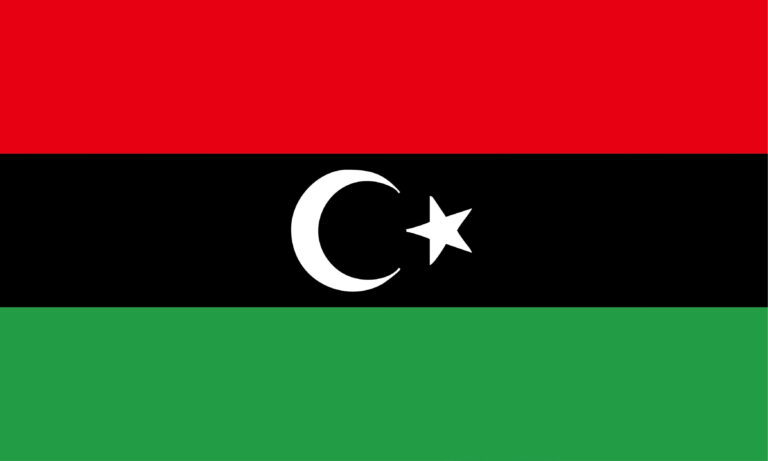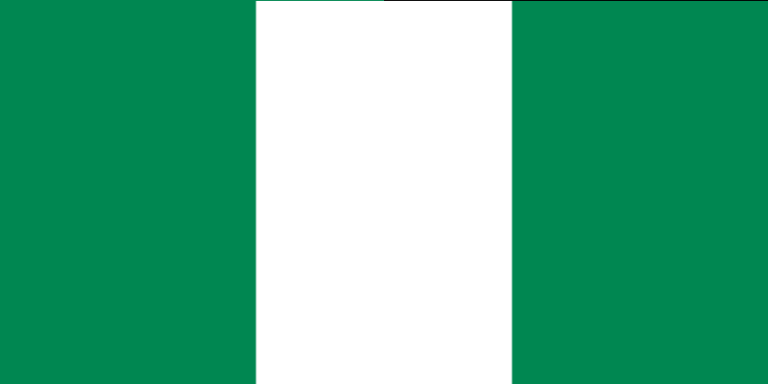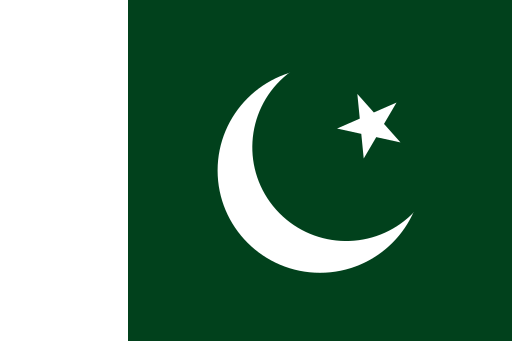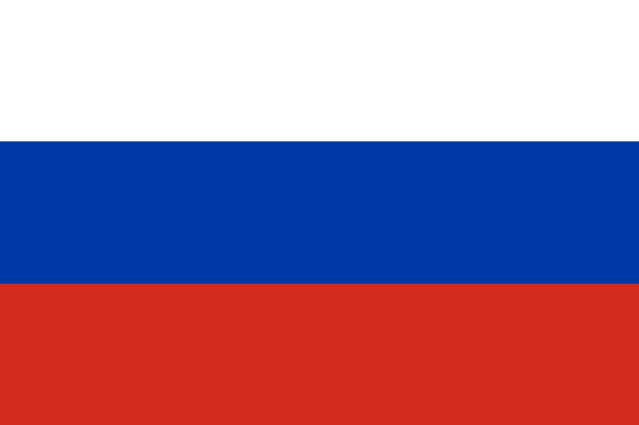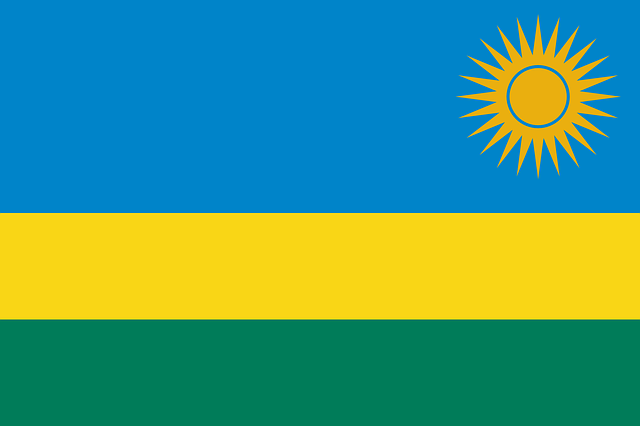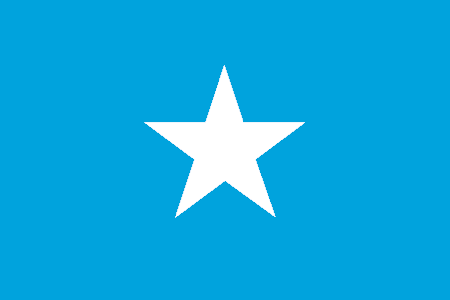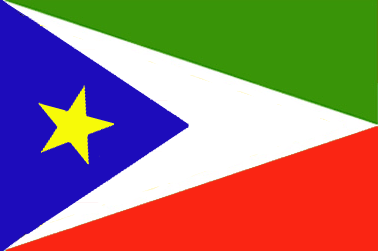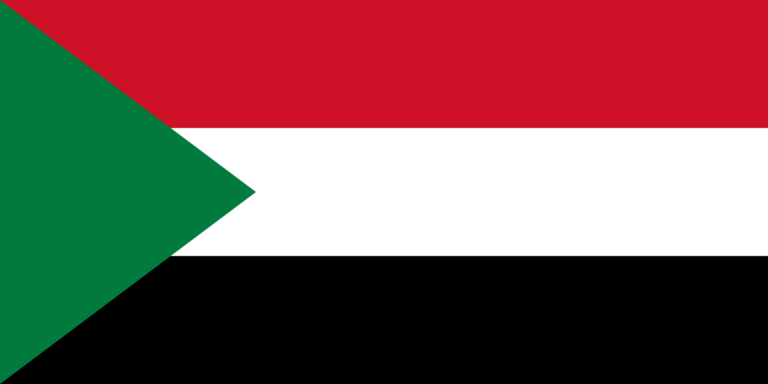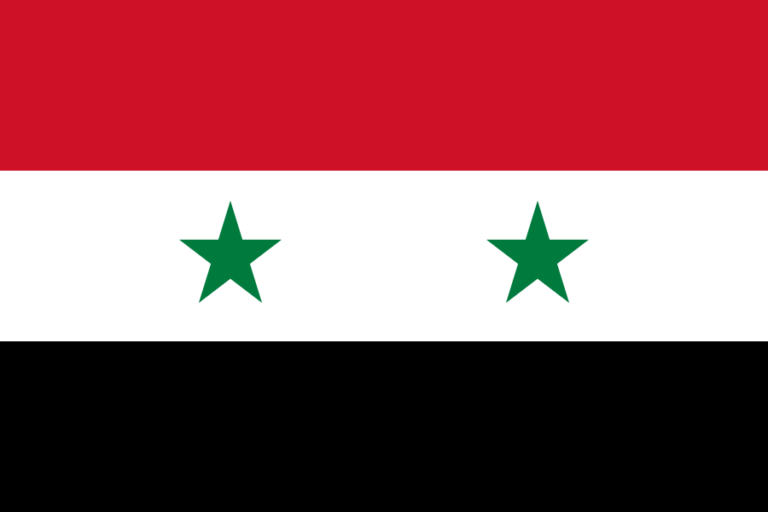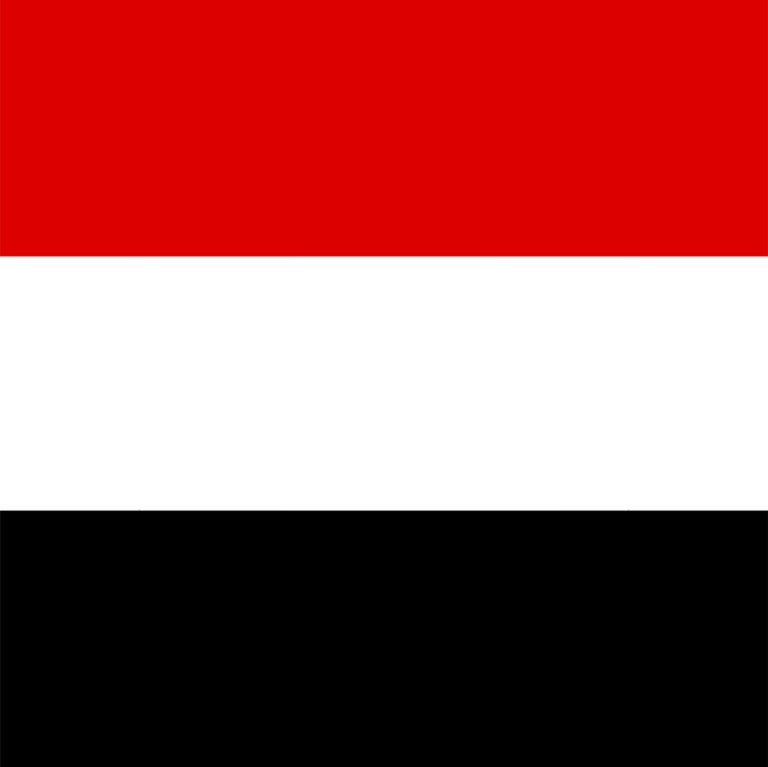- Updated October 24, 2023
Years Listed
Each shaded box corresponds to a year the country appeared on the CSPA list and what types of waivers it received, if any.
Chad appeared on the CSPA list in 2010, 2011, and 2013. The U.S. president fully waived CSPA prohibitions against the provision of U.S. arms sales and military assistance to Chad for each of the three years it was identified on the CSPA list, resulting in the provision of more than $5.4 million in arms sales and military assistance between FY2011 and FY2014.
Specifically, the president waived nearly $3.7 million in Direct Commercial Sales, $599,000 in Foreign Military Financing, and more than $1.1 million in International Military Education and Training. The president has never denied Chad any arms sales or military assistance due to CSPA prohibitions.
According to the U.S. State Department, the Chadian National Army (ANT) and Sudanese rebel groups backed by the Chadian government recruited and used child soldiers between 2009 and 2012. The ANT and several government-supported Sudanese rebel groups recruited and used children, including from refugee camps, as combatants, guards, cooks, and lookouts, resulting in Chad’s appearance on the CSPA list in 2010 and 2011. The State Department did not report any allegations of child soldier recruitment or use by Chadian government forces or government-backed groups between April 2011 and March 2012, and the country was removed from the CSPA list in 2012. Children were identified in Chadian military training centers later that year, some of whom may have been recently recruited, and the country was relisted in 2013. However, no child soldiers were identified at any of Chad’s eight military districts during joint verification visits conducted by Chadian officials and UNICEF in 2013, and Chad was removed from the CSPA list in 2014.
From 2010 to 2013, Chad took a number of steps to address child soldier recruitment and use by government and government-supported forces – and it became a regional leader on the issue, according to UNICEF. In 2010, Chad and UNICEF co-hosted a regional conference at which six countries – Chad, the Central African Republic, Cameroon, Niger, Nigeria, and Sudan – committed to take certain steps to end the recruitment and use of children in armed conflict. In 2011, the government signed a UN Action Plan on children associated with armed forces and groups. And in 2013, it created an inter-ministerial committee to address the issue of child soldering, mandated the issuance of birth certificates for all children born in the country, required proof of age for all soldiers and recruits, and issued a directive formally prohibiting the recruitment and use of child soldiers.
For more information, see the U.S. State Department’s Trafficking in Persons Report and Country Reports on Human Rights Practices. More information on the situation in Chad can also be found in the UN Secretary-General’s annual report on Children and Armed Conflict and country-specific report on Chad.
Total Waived and Prohibited
Since the CSPA took effect.
Explore the Data
Country- and program-level data on the number and type of national interest waivers granted, as well as the amount of arms sales and military assistance waived.

